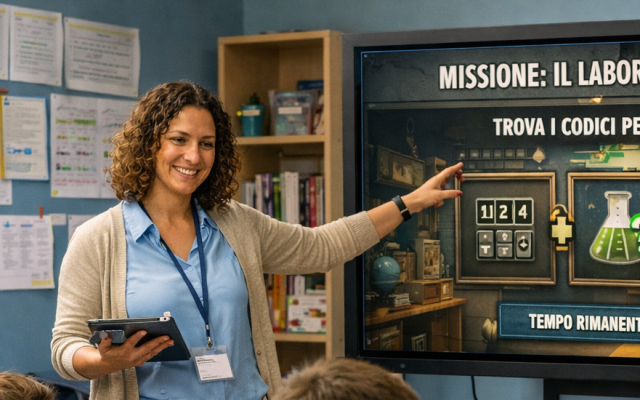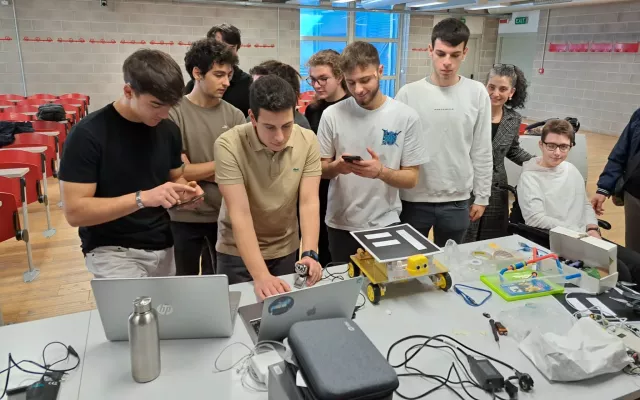The Be Internet Awesome case with testimony from an Italian school
Google.org has published its first Impact Report, a document that brings together the most significant results of initiatives carried out globally with partners from the third sector, research bodies and institutions. In the Stronger Communities section, among the selected projects, Be Internet Awesome (Vivi Internet, al meglio in Italy) was also presented, created with the contribution of Fondazione Mondo Digitale (pages 43-44).
The report also gives space to the voice of Meris Gatto, a teacher at the Volpago del Montello comprehensive school, who has been running the project with her colleagues for five years: "We learned about the project through a colleague and were immediately won over by the opportunity to embark on a journey that would bring topics such as digital wellbeing, privacy, fact checking and managing incidents of online hate to the school. That's why we decided to adopt it in both primary and secondary schools, and we are now in our fifth year.‘
The teacher emphasises the quality of the training programme and its positive impact on students: ’The tools used, the trainers and the interventions by the Postal Police have been very effective... The aim is to foster empathy in children and intervene where adults struggle to provide answers."
The classroom activities brought to light incidents of bullying and cyberbullying which, thanks to the climate of trust created by the trainers, were addressed and resolved with the support of teachers and families. This confirms the value of the project, which not only strengthens digital skills but also becomes a tool for prevention and care in educational relationships.
‘We are proud that our work has been recognised in the new Google.org Impact Report, which highlights collaborative efforts for online safety,’ comments Managing Director Mirta Michilli. ‘Building stronger, more resilient communities is at the heart of our mission. This experience demonstrates how innovation driven by educational communities can truly empower citizens of all ages by providing them with the digital skills essential for growth and active participation.’




